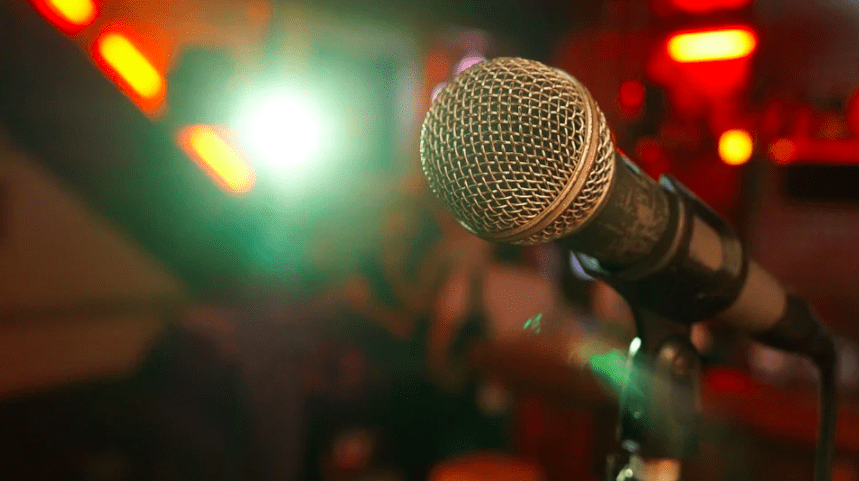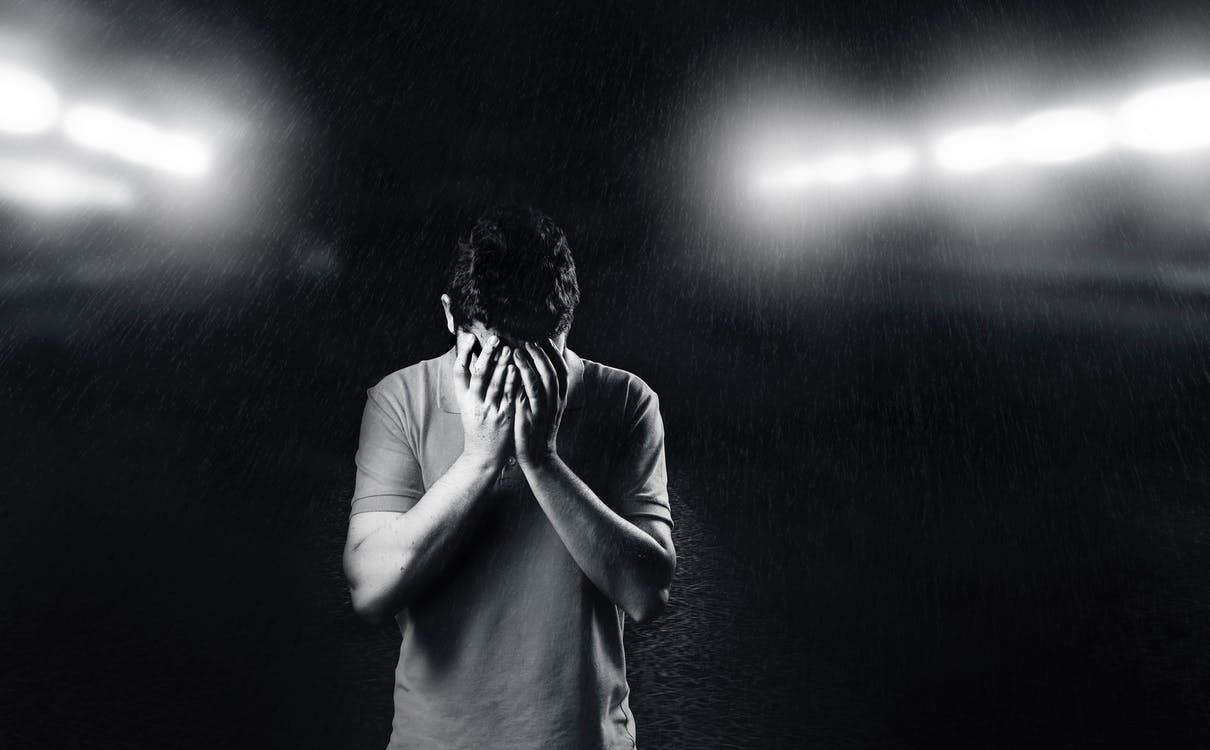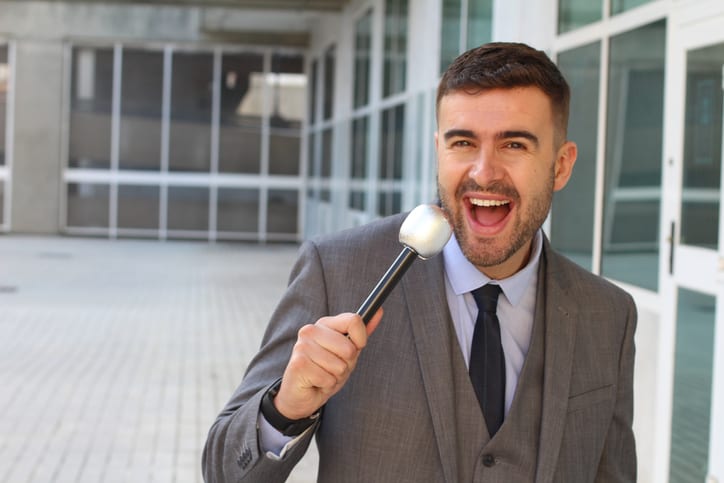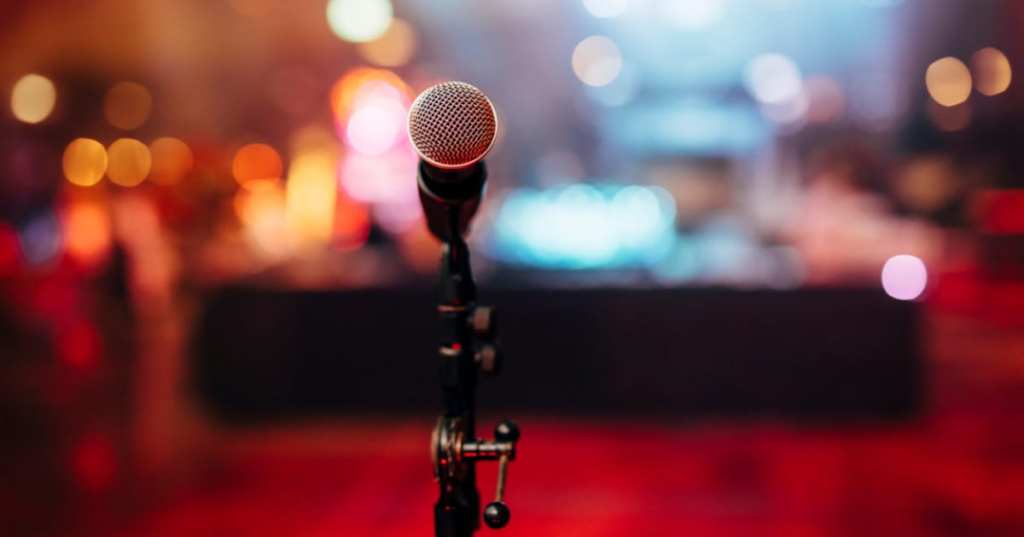There are two types of people in the world – those who think telling jokes in front of strangers and hanging your self-worth on their laughter sounds amazing, and those who would rather run for the hills.
No matter which kind you are, though, you might be interested in a few behind-the-scenes secrets – which is just what we have for you below.
9. They’re always tweaking material.

Image Credit: Pixabay
Comedians spend a lot of time writing, and there’s no way to tell exactly how a joke will land until they tell it in front of a live audience.
They’ll take feedback from audience reactions, then tweak tone, diction, and timing along the way to see if they can get more laughs.
If they get nothing but crickets after telling it a few times in a few different ways, they’ll usually remove it from their set.
8. Not all of them struggle with mental illness.

Image Credit: Pexels
Many famous comedians have been open and honest about their struggles with depression and other mental health issues, but many in the profession feel that the stereotype has been overblown.
“There’s this pervasive perception that all stand-up comics are depressed, divorced, alcoholic losers at the end of their rope, but that’s not the case these days,” says L.A.-based comedian Andrew Michaaan.
7. They’re prepared for hecklers.

Image Credit: iStock
Michaan says that most hecklers don’t want to ruin the show; they usually just don’t really understand audience expectations.
“What’s more common is someone who is enjoying themselves but doesn’t understand what’s expected of an audience member.
They don’t know the boundaries, and they talk too much and want to be involved.”
The appearance of the heckler isn’t usually too big of a hurdle for experienced comics, who have a plan for dealing with it ahead of time.
They also enjoy the chance to improvise on stage.
6. They hate when people ask them to tell a joke.

Image Credit: Pexels
Just like doctors don’t want to give medical advice at a dinner party, a stand-up comedian doesn’t enjoy being asked to perform when they’re not on the clock.
Likewise, don’t pitch them stories to include in their act.
5. It can still feel like a boy’s club.

Image Credit: Pexels
There are famous stand up female comedians like Amy Schumer, Sarah Silverman and Whitney Cummings, but they’re still the exceptions rather than the rule.
Sexism and harassment still run rampant in the industry, so female comics face an uphill slog to notoriety.
4. They have to pay for their slots.

Image Credit: iStock
Unless they’re at the top, stand-up comedians are paying for the chance to make you laugh.
They practice at open mic nights, where cover charges are common, or at “bringer shows,” where they’re required to bring a certain number of patrons with them in order to perform.
3. There are worse things than bombing.

Image Credit: iStock
When faced with a silent, unimpressed audience, most comedians will improvise or switch up their material mid-set.
If that doesn’t work, they’ll address the elephant in the room and try to root out what’s causing the weird vibe.
2. A lot of the job is writing.

Image Credit: iStock
Their job might be all about standing up, but comics who write their own material (which most of them do), they spend a lot of time sitting behind a laptop.
They use personal or created stories, use pop culture, try to connect with the audience on topics that everyone faces, and generally try to come up with material that’s as compelling and relatable as it is funny.
1. Their jokes don’t have to be true to be funny.

Image Credit: iStock
You know from watching that comedians often relate stories that have happened to them or someone they know, but it’s not always factual. Even if it is, elements are likely omitted or exaggerated to land a bigger punch, and get them the best laugh possible.
I could never do it, but this is super interesting!
If you’re a comedian, or know one, what would you add to this list? Tell us in the comments!






